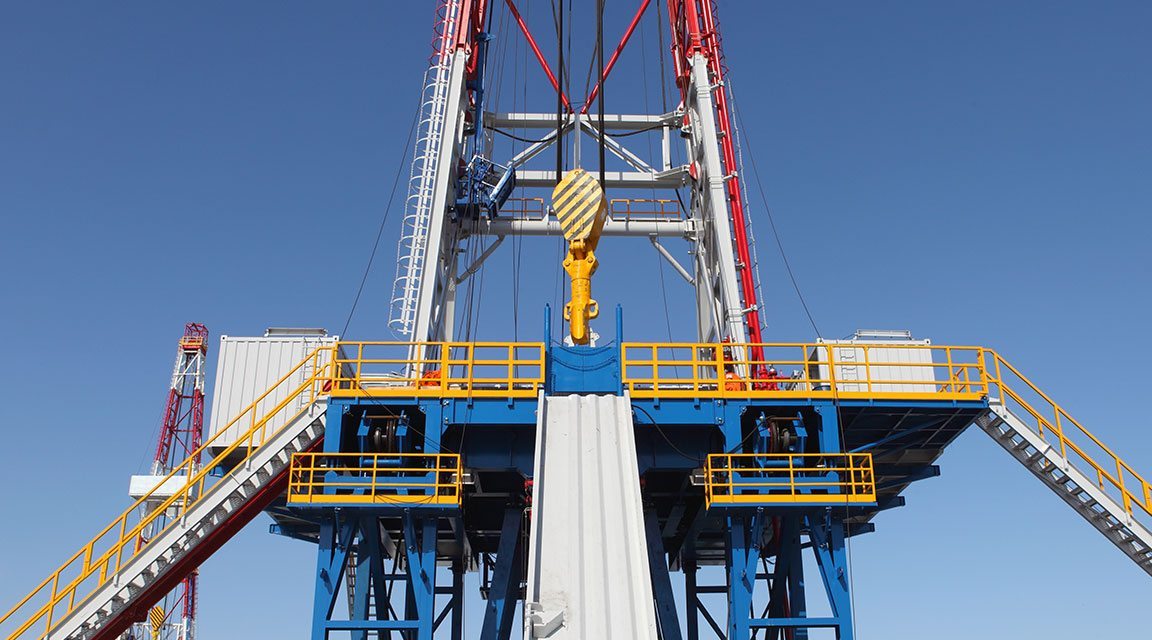

International partners to end 20-year agreement signed in 2009
The UAEs Mubadala Petroleum and US-based Occidental Petroleum have agreed to pull out of a joint venture to develop and operate Bahrains largest onshore oil and gas field, a Mubadala spokesperson has confirmed.
The two overseas companies formed the 20-year joint venture Tatweer Petroleum with Bahrains government-controlled Oil and Gas Holding Company (Nogaholding) in 2009, with the aim of increasing the capacity of the Bahrain field.
Significant advances have been made in production and efficiency of operations at the field under the leadership of the partners, and the time is now right to transfer full responsibility for the asset into Bahraini hands, Mubadala Petroleum said in a statement to MEED. Arrangements have been made for a smooth transition.
Tatweer Petroleum and Occidental did not respond to emailed requests for comments.
According to a source familiar with the matter, the two companies found that the partnership had become commercially unviable amid lower oil prices, and have already started relocating staff from the Bahrain field to other projects in the region and beyond. The Bahraini government will soon initiate the process of finding new investors to replace Mubadala and Occidental in Tatweer Petroleum, industry sources told MEED.
Mubadala Petroleum, a subsidiary of Abu Dhabi investment vehicle Mubadala Development Company, and Occidental each have a roughly 25 per cent stake in Tatweer Petroleum, with Nogaholding owning the remaining 50 per cent.
Bahrain was the first oil producer in the six-country GCC, which now accounts for about a third of the worlds proven oil reserves. It produced its first barrel of crude at the onshore Awali field, later renamed the Bahrain field, in 1932. Production at the field reached a peak of 76,000 barrels a day (b/d) in 1970, but dropped by about 50 per cent over the following 25 years.

Bahrain oil and gas fields
The slump prompted the government to look for international partners to develop the Bahrain field, which covers much of the central land of the small Gulf island kingdom. Subsequently, a joint venture of Occidental and Mubadala was selected for the 20-year development and production sharing agreement (DPSA) contract in 2009, which formed Tatweer Petroleum with Nogaholding.
Modest inroads
The aim was to increase the fields oil output to 100,000 b/d by 2020 through drilling more than 900 new wells and employing enhanced oil recovery techniques of steam injection or water flooding.
Under the agreement, the government of Bahrain was to keep all the revenues to a certain threshold, and additional revenues from oil production above that level were to be shared among the joint venture partners, according to the source.
Tatweer has made modest inroads into increasing production, which in 2014 was about 53,000 b/d. That was 18,000 b/d more than the 2010 level and included the drilling of 160 new wells at a total investment of $750m, according to regional projects tracker MEED Projects.
Tatweer Petroleum says it has successfully increased oil production by more than 70 per cent and non-associated gas production capacity by 50 per cent, generating wealth for the kingdom and providing a stable supply of gas for industries, according to its website.
However, the source said the current extraction is marginally above the revenue-sharing threshold level, which makes it commercially unviable for Occidental and Mubadala to continue the partnership and keep investing in advanced extraction technologies.
The low oil price is another factor for the pull-out, the sources added. Brent crude, the benchmark against which more than half of the worlds oil is priced, rose to a six-month high of $50 a barrel on 25 May, which is still less than half its mid-2014 peak.
The Bahrain fields production is dwarfed by the amount of crude the kingdom gets from the Abu Safa field, which is operated by Saudi Aramco and whose output is jointly shared with Saudi Arabia. In 2013, Manama received about 150,000 b/d from Abu Safa, which along with the hike in the Bahrain field output gave 193,000 b/d of oil production.
You might also like...

Partanna and Saudi firm tests carbon negative concrete
25 April 2024

Hassan Allam and Siemens confirm Hafeet Rail award
24 April 2024

UAE builds its downstream and chemical sectors
24 April 2024

Acwa Power eyes selective asset sales
24 April 2024
A MEED Subscription...
Subscribe or upgrade your current MEED.com package to support your strategic planning with the MENA region’s best source of business information. Proceed to our online shop below to find out more about the features in each package.





